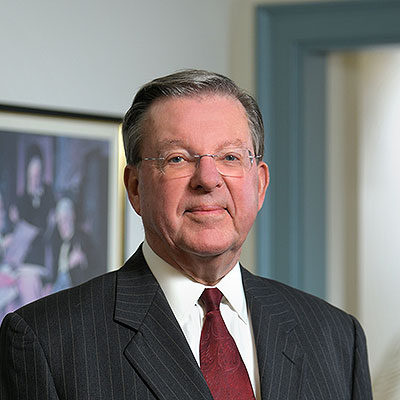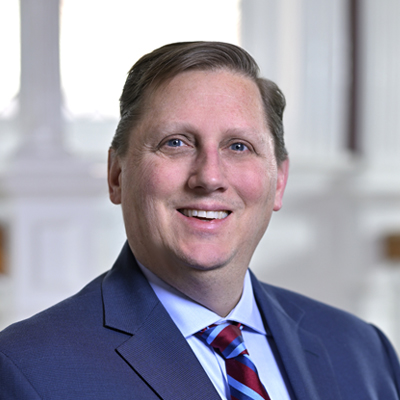Talk to an Advanced Directive Lawyer
You never know when the worst could happen. So plan to speak with an advanced directive lawyer about your end-of-life wishes beforehand.
Whether known as a living will, health care directive, advanced healthcare directive, or power of attorney, it provides for the following concerns:
- The nomination of an agent to make health care decisions on your behalf.
- Health instructions the agent should take after a physician determines you no longer have the capacity to make your health care decision regarding day-to-day living or in an end-stage medical event.
Our advanced directive lawyers can ensure your healthcare directive delivers the desired outcome. We've assembled a list of common questions regarding advanced healthcare directives in Pennsylvania.
What Happens Without a Health Care Directive?
Pennsylvania law provides a descending order of priority for those who can make healthcare decisions without a valid advanced healthcare directive. An estate attorney can counsel you, but sequentially those individuals are:
- Spouse (unless a divorce action is pending)
- Adult child
- Parent
- Adult brother or sister
- Adult grandchild
- An adult who knows the individual's preferences and values
- Medical Facility Director
In addition, without a proper healthcare POA, any decision to withdraw treatment or life-sustaining care for a person who is not competent and who has an end-stage medical condition or is permanently unconscious must be authorized by a court. For example, Pennsylvania law does not allow a presumption to arise regarding an individual's intent to consent to or refuse the initiation, continuation, withholding, or withdrawal of life-sustaining treatment. So you must include an advanced healthcare directive in your estate plan.
An Advanced Directive Lawyer Can Consult with You about Withdrawing Treatment
A healthcare directive's "living will" section provides the withdrawal of treatment or life-sustaining care. Triggering this section involves two determinations made by an individual's attending physicians.
First, the individual must be considered incompetent as part of an advanced healthcare directive. In other words, he cannot understand the potential material benefits, risks, and alternatives involved in specific proposed healthcare decisions. As a result, the individual cannot decide on his behalf. Nor can the individual communicate that decision to any other person. An advanced directive lawyer can work with you to determine competence.
Second, the physician must determine whether the individual has an "end-stage medical condition" or is "permanently unconscious." As part of an advanced healthcare directive, these terms are statutorily defined as follows:
An "end-stage medical condition" is an incurable and irreversible medical condition in an advanced state caused by injury, disease, or physical illness. In the attending physician's opinion, to a reasonable degree of medical certainty, the condition results in death, despite the introduction or continuation of medical treatment.
"Permanently unconscious" is a medical condition diagnosed following currently accepted medical standards. It involves a reasonable medical certainty that loss of consciousness is total and irreversible and that a capacity for interaction with the environment doesn't exist. The term includes, without limitation, an irreversible vegetative state or irreversible coma.
Talk to Our Lawyers about an Advanced Healthcare Directive
It's in your best interest to execute a healthcare directive. Don't place additional burdens on your family. Our living will attorneys will work with you to fulfill your wishes. Talk to our estate attorneys in Norristown and Doylestown, PA, law offices. They'll listen and execute an advanced healthcare directive that meets your goals and needs.



